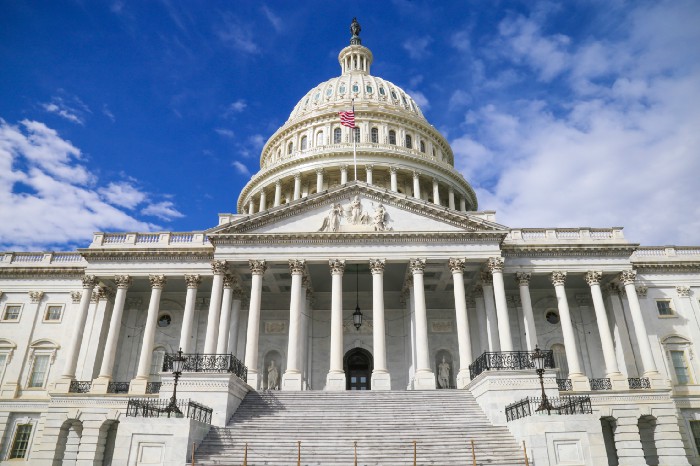On June 25, 2020, the Federal Deposit Insurance Corporation (FDIC) announced revisions to the Volcker Rule taking effect in October 2020. In summary, this change weakens restrictions against larger financial institutions on (1) proprietary trading and (2) investing in private equity funds, including venture capital funds.
What is the Volcker Rule
Technically speaking, §619 of the Dodd-Frank Wall Street Reform and Consumer Protection Act (Dodd-Frank) codifies the Volcker Rule (12 U.S.C. 1851). To identify the purpose of the statute, one need not look further than the title: Prohibitions on proprietary trading and certain relationships with hedge funds and private equity funds. The Federal Reserve has a great summary along with additional materials to consider.
The rule on proprietary trading address trading credit default swaps and collateralized debt obligations (CDOs) which were a main catalyst of the 2008 recession. However, §(b) of the statute limits high risk investments in several types of funds, although there are a few exceptions. The statute prohibits, or makes it very difficult for, large banks to invest in venture capital funds. If these banks are able to qualify for an exception, or “permitted activity,” the statute significantly increases the cost of compliance.
A list of permitted activities is included in the statute. One exception allows banks to invest in venture capital funds that qualify as Small Business Investment Companies (SBIC) as defined in 102 of the Small Business Investment Act of 1958 (15 U.S.C. 662). Additionally, banks are able to make a de minimus investment into a private fund.
What Changes
Beginning on October 1, 2020, banks will be able to engage in certain proprietary trading and invest in certain private equity funds. A final rule change was published by the FDIC on November 14, 2019. Additionally, a notice of proposed rulemaking to modify “Covered Funds” restrictions of the Volcker rule, which specifically addressed venture capital funds, was published on January 30, 2020.
With the announcement by FDIC Chairman Jelena McWilliams, financial institutions are preparing for the regulation to be rolled back. The rule change provides a host of changes to both restrictions on proprietary trading and investments in “covered funds.” Changes in proprietary trading include eliminating a requirement that banks reserve an initial margin over 15% of Tier 1 capital, and may allow banks to invest in up to $40B more in credit-default swaps.
Regarding venture capital, banks will be able to invest in funds without the exceptions discussed above. Banks and larger financial institutions are often limited partners, or investors, in venture capital funds. Therefore, this change allows venture capital funds to raise significantly more capital from these financial institutions.
Conclusion and Final Thoughts
“Volcker 2.0” will go into effect on October 1, 2020. More capital will be available to venture capitalists, and therefore available making additional capital available to startup companies. However, many believe this may be a short-lived change if there is a change in administration after the 2020 presidential election. The overall impact on venture capital remains to be seen. Several organizations will continue to provide additional detail about the Volcker Rule, including the National Venture Capital Association (NVCA) and FDIC, which are helpful in keeping up-to-date with Volcker 2.0.

